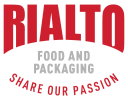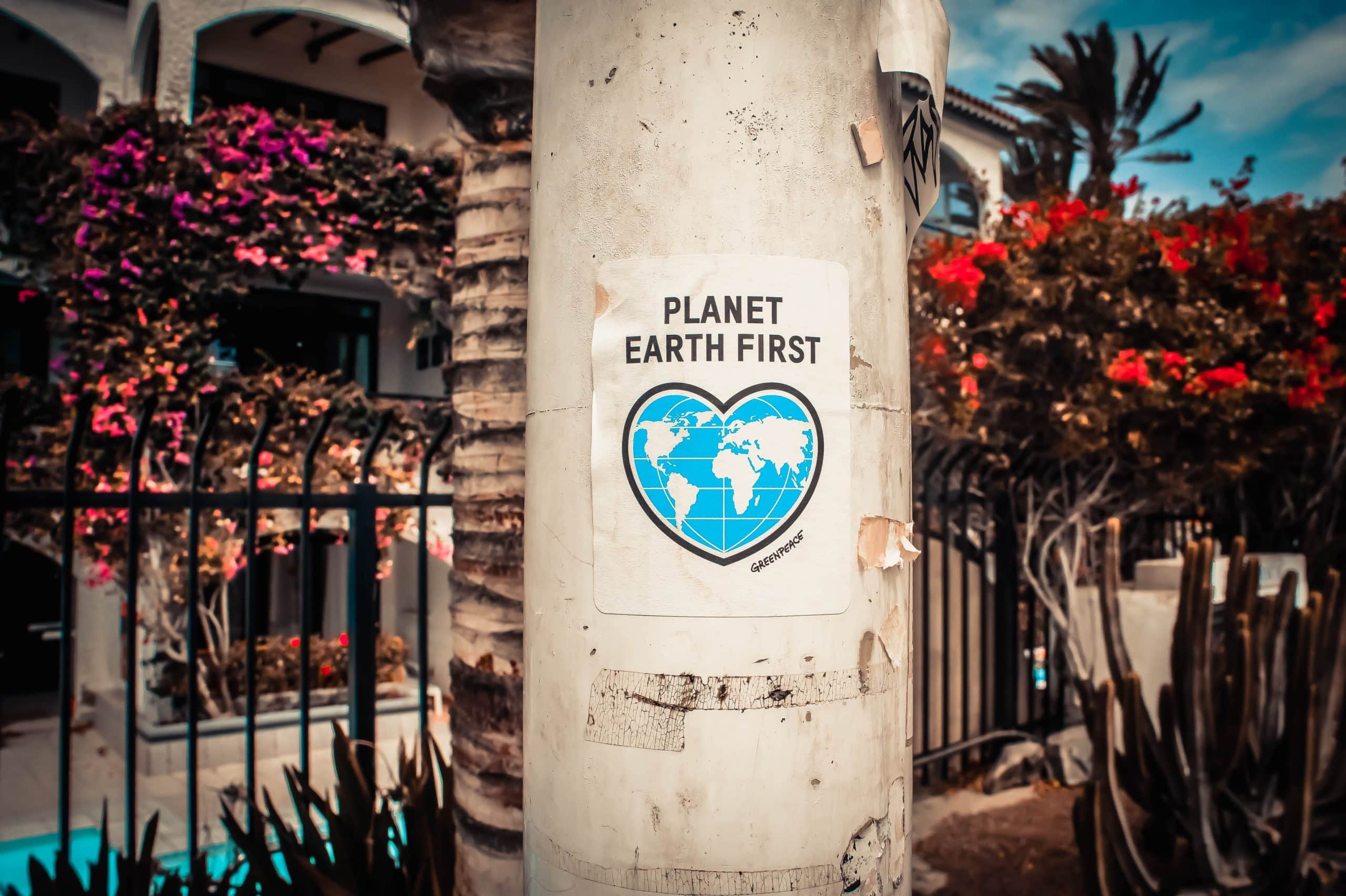“The last 50 years has seen exponential growth in technological innovation and yet it has also been the worst period ever for environmental degradation in the history of mankind” quoted by David Marinelli.
Growth compounds each year to the previous year putting more strain on the natural resources found on earth. Calculations are made assuming an annual growth rate of 3%, by 2052 GDP will be 3 times larger, by 2100 will increase by 12 times and by 2200 GDP will increase by 237 times. These are shocking statistics and can the Earth sustain this amount of human economic activity is the big question?
Oceans:
There is a lot of news and facts on the plastic pollution in our oceans and the effect it has on the marine environment.
Every year more than 8 million tons of plastic ends up in our oceans. It is predicted that should this rate of pollution continue, in 2050 there will be more plastic than fish in the oceans.
Approximately 15 to 31% of the ocean pollution is caused by micro plastics that are released by household products like washing synthetic fabrics and industrial products. According to IUCN report Europe and Central Asia releases the equivalent of 54 plastic bags of micro plastics per person per week into the oceans.

Rivers:
Most of the pollution found in the oceans is washed into by river systems. According to the World Economic Forum it is estimated that 10 river systems in the world are responsible for 90% of the plastic pollution in the oceans. Eight of these rivers are in Asia and the remaining two in Africa (the Nile and Niger).
The source of the pollution problem in rivers is found in the catchment areas where plastic waste is not properly managed and disposed of. These rivers flow through highly populated areas with very little waste management processes in place. For example the Yangtze river the longest river in Asia has an estimated 500 million people living in the catchment area.
The Motagua river in Guatemala flows into the Caribbean sea and poor waste management has threatened the ecosystems in both Guatemala and Honduras. In an effort to stop further plastic pollution Guatemalan authorities have developed artisanal bio-fences made from recovered plastic debris. The fences are installed in the river and help to collect plastic waste floating in the river which is then collected and recycled by the local residents.
Wildlife:
A report recently released by the World Wildlife Fund states that 60% of wildlife has declined since 1970. Life on earth as we know will change if we don’t make a plan to protect food, water and shelter required for basic survival.
The human consumption and discard of plastic waste has impacted on all species of wildlife. In the last 30 years most seabirds have small amounts of plastic in their digestive system.
Reference: www.maxgustafson.com
An estimated 30% of turtles have been found with plastic in their stomachs (https://www.strawlessocean.org). Marine animals that have ingested plastic have a morality rate of only 50%. With the high content of plastic in the oceans, toxic plastic ends up in the fish we eat. Carter Roberts (Chief Executive of WWF in USA) states that there is a connection between loss of natural environment and human health. According to a BBC
report a person consuming an average amount of seafood per year will have an estimated 11 000 plastic particles in their digestive system.
Forests:
“Forests are the forgotten solution to climate change. Large forests are capable of sucking up huge amounts of carbon and act like a sink to remove emissions from the atmosphere” quoted by David Marinelli. Deforestation is taking place at an alarming rate. It is estimated that between 2001 and 2017 a total amount of 323 million hectares of tree cover disappeared.
In forests we find biodiverse and valuable ecosystems which are homes to plant species, animals, insects and microorganisms. Due to human demands it is difficult to maintain these ecosystems. An organization called PEFC (Programme for the Endorsement of Forest Certification) provides credible standards to ensure proper and sustainable management of forests worldwide.
At Multi-cup Solutions we have recently added a range of kraft paper products to our enviro friendly list of products. The raw material is from locally managed forests intended for paper manufacturing. The final product is food grade approved and fully recyclable.
Due to the negative impact of plastic straws on the environment, paper straws have made a huge come back. Worldwide countries and cities have banned the use of single-use plastic straws. For example Starbucks has announced no more plastic straws by 2020 and currently they are using an estimated 2 billion straws per year. If we need to secure and sustain the supply of paper straws it is important to have sufficient well managed forests to provide the raw material.
At Multi-cup Solutions we recognised this global trend and stock a wide range of wrapped paper straws. We can supply white and black paper straws and coloured and printed straws on request. The paper straws are available in 10mm, 8mm and 6mm sizes.
Conclusion:
The challenge we face is to balance ecological sustainable development with economic growth. According to Marco Lambertini (Director General WWF International) protecting the environment alongside economic and social development is critical for our well-being and it also makes business sense. Better ways to use and consume our resources are vital to create sustainable markets on earth without degrading our natural wealth and still provide overall economic and social well-being.
Multi-cup Solutions, as a well-established food and beverage packaging supplier in the South African market, made the responsible decision to add a new range of environmentally friendly products to their extensive product list. As an alternative to the mainstream packaging Multi-cup Solutions offers a selection of PLA clear cups with lids, paper cups with PLA sip lids and bagasse meal boxes. Multi-cup Solutions noted the high demand for
paper straws in the market place and has added white and black wrapped paper straws in different sizes to the stock range.
For more information on our full range of recyclable and enviro friendly food and beverage packaging contact us on 011 058 4200.









Leave A Comment
You must be logged in to post a comment.